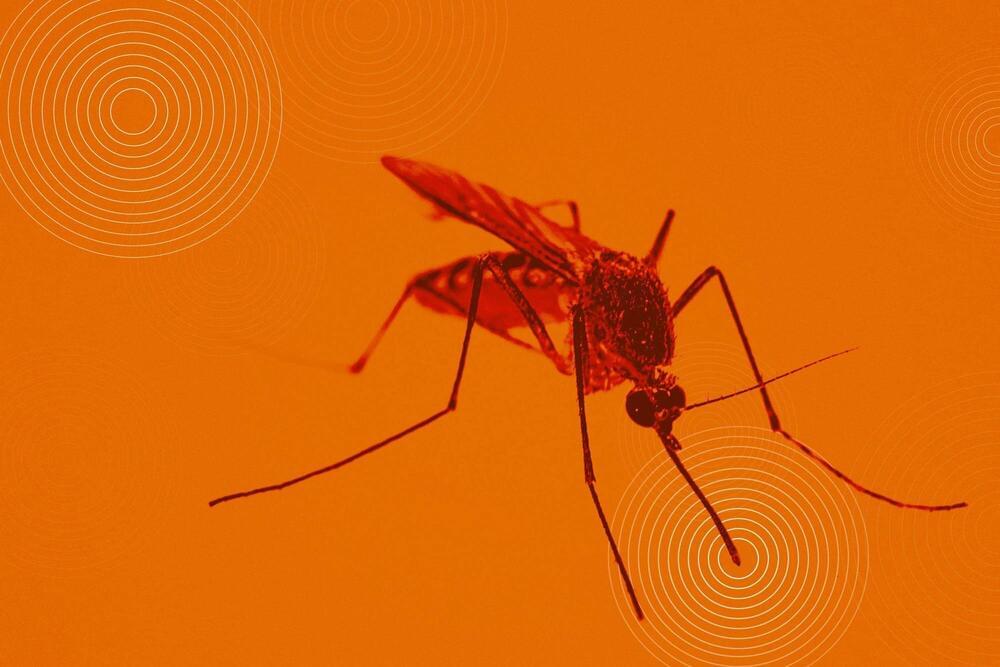The saliva of mosquitoes infected with dengue viruses contains a substance that thwarts the human immune system and makes it easier for people to become infected with the potentially deadly viruses, new research published in PLOS Pathogens reveals.
Dengue has spread in recent years to Europe and the southern United States in addition to longstanding hotspots in tropical and subtropical areas such as Southeast Asia, Africa and Latin America. The new discovery, from a University of Virginia School of Medicine scientist and his collaborators, helps explain why the disease is so easily transmitted—and could eventually lead to new ways to prevent infection.
“It is remarkable how clever these viruses are. They subvert mosquito biology to tamp down our immune responses so that infection can take hold,” said Dr. Mariano A. Garcia-Blanco, who recently joined the UVA faculty as chair of the Department of Microbiology, Immunology and Cancer Biology. “There is no doubt in my mind that a better understanding of the fundamental biology of transmission will eventually lead to effective transmission-blocking measures.”










Comments are closed.